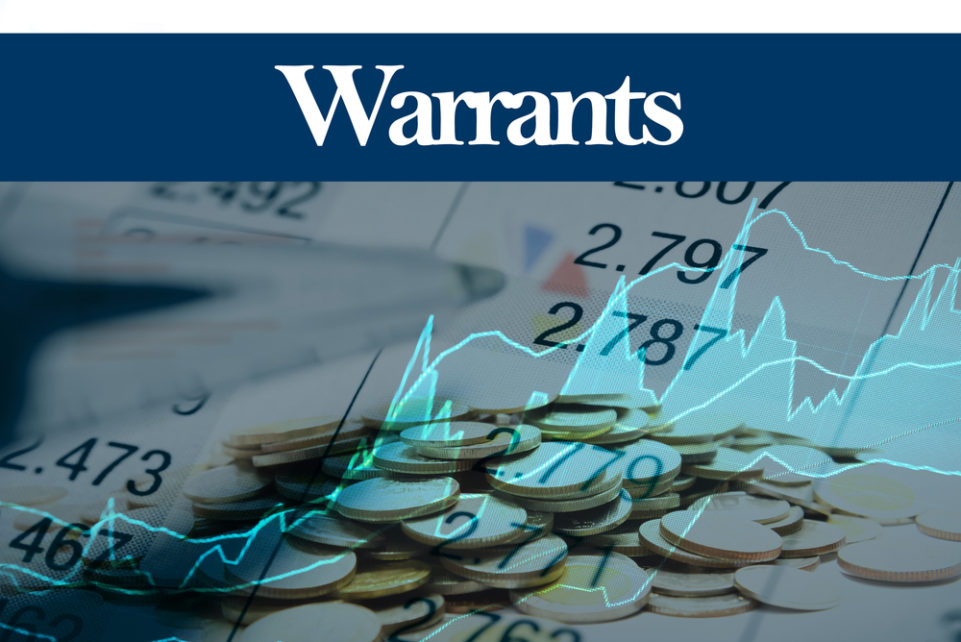
A stock warrant and a stock option are financial contracts between two parties that grant the buyer the right to buy or sell shares of stock at a set price within a defined period of time.
Stock warrants and stock options are similar investment securities that can be used to generate a profit or used as leverage or as a hedging strategy in an investment portfolio.
Stock options can be traded on exchanges, just like stocks.
A stock warrant is similar to a stock option because it gives the buyer the right to buy or sell shares of underlying stock at a set price on a specific date. There are call and put warrants that function similarly to call and put options.
The major difference between stock warrants and stock options is how they originate. Stock options are listed on exchanges, whereas stock warrants are issued by the company itself. When a stock option is exercised, the shares of the stock are received or given from one investor to another. When a stock warrant is exercised, the shares of the stock are received not from another investor, but from the company itself.
Follow me on Twitter @MikeShorrCbot



